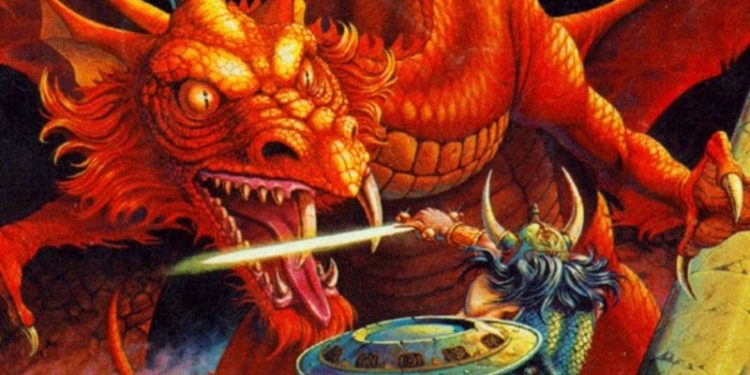Games that went wrong and why – Part Two

This is part two of a series about the games that failed.
System – 2nd edition Advanced Dungeons and Dragons.
Setting – Desert of Desolation Series.
Premise – Play through a triology of ancient egyptian based quests with an adventuring group.
What worked – Using 2E rules the group had miniatures, lots of cheap plastic dice, three players handbooks and the Fighters Guide and Thieves Guide. Four of the characters tried hard to help each other in each task.
What went down – The heroes went on each quest, completed the modules tasks but were hindered by one player and the Game Master.
The players did enjoy the modules, there were puzzles, combats, interesting descriptions and lots of traps. It was classic dungeon delving stuff.
What happened – One player was the Game Master’s partner, and their character got Eyes of Charming and Ring of Teleportation. Thus any time anyone else did something interesting, Bing! that character immediately showed up, took over and the GM had no issue with this.
What went wrong – Over time the other players would get annoyed in their interactions with the special player, and often did nothing because they didn’t want to be overshadowed or interrupted.
When the other players just tried to roleplay conversations or perform their hobbies, not related to quests at all, they would be interrupted by the special players character, or a powerful NPC (like a solar, that is a major celestial) that use magic to force them back into the quest or to interact with the special character.
Game ended – After three sessions, three of the players never went back to that group again. To date it was the worst games in my 29 years of playing RPG’s.
What we can learn –
1 – GM’s- Don’t give favouritism. Not with items, not with spotlight time, not with plot importance (unless you all agree on the last one at the start, eg Frodo in LOTR).
2 – GM’s You can have some NPC’s treat some characters as more important, but the character can still be a valid and considerate member of the team, they don’t have to be a dictator. They can even use the NPC’s influence to gain advantage for the whole team, like more reward or status.
3 – Players – Share the spotlight, tell your story, share your story, let others have their time to shine, not just with the team role but with talking to NPC’s and the players time at the table. It’s a group activity about a group story. Be part of the group and let others be part too.



